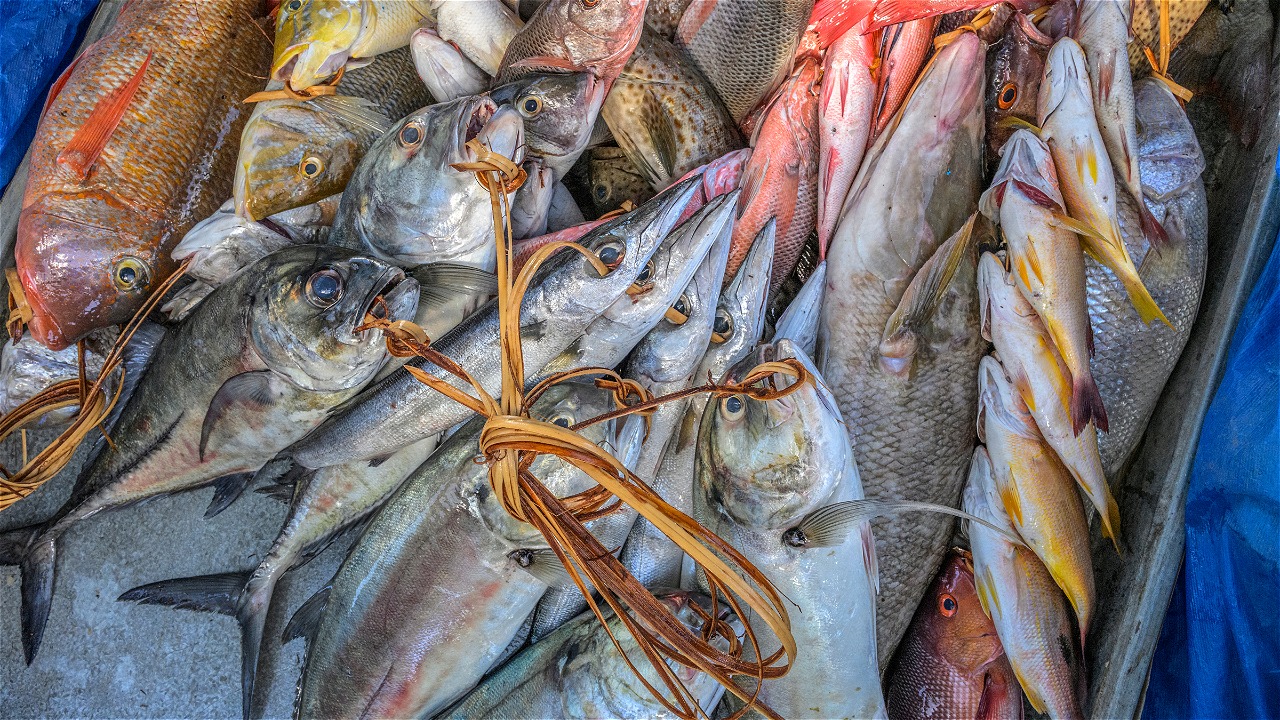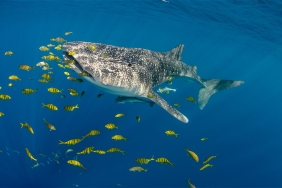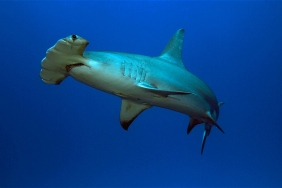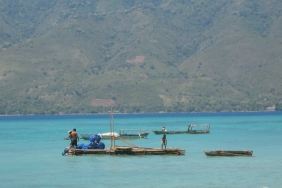LET'S SUPPORT BUSINESSES TO FIND OUT THE ORIGIN OF THEIR SEAFOOD
In addition to consumers, businesses and retailers that serve seafood in their businesses also have a big role in encouraging the consumption of seafood that comes from responsible fisheries practices. Responsible fisheries practices can be defined as fisheries practices, both aquaculture and wild capture, that have minimal impact on the environment as well as humans. Caught and cultured commodities are not produced from destructive practices such as using bombs, poisons or chemicals and antibiotics that cause damage to ecosystems in the sea and on land (ponds).
The trend in society has also begun to change towards a pro-environmental direction. During the implementation of WWF-Indonesia's "Choose Your Seafood Right" campaign in 2011, 6,233 seafood consumers signed a petition stating their willingness to buy seafood products produced from responsible fisheries practices. From 2013 to 2015, 14,094 supporters supported the #SOSharks petition to end the promotion, consumption and trade of shark products. Added to this are the 6,895 endorsements that have been given for the petition of support for the #BuyGood campaign since its launch in March 2015.
Knowledge of the origin of seafood is very important in determining fisheries management to realize sustainable fisheries practices. Therefore, WWF-Indonesia encourages the commitment of businesses to find out the origin of the seafood they sell by signing a pledge as part of the #BeliYangBaik responsible seafood consumption campaign. By knowing the origin of its seafood products, WWF encourages businesses to understand and ensure that the fishery products they trade do not come from destructive fishing practices. Companies that support this pledge are also required to collect as much information as possible about the origin and supply chain information of their seafood products, which includes the location of capture or farming, fishing gear or farming methods used, time of capture or harvest time, number of business actors along the supply chain, and others.
WWF-Indonesia highly appreciates the companies that have given their commitment by signing this pledge. A total of four hotels have signed this pledge, namely Shangri-La Hotel, The Sultan, DoubleTree by Hilton, and Morrissey Hotel. "The availability of information on the origin of seafood products will greatly help identify improvement efforts for the practice and management of the fisheries sector to realize sustainable fisheries practices and businesses," said WWF-Indonesia Seafood Savers Coordinator Margareth Meutia.
The opportunity for retail and foodservice businesses that want to take the pledge is still open until August 2015. As a form of appreciation to the companies that commit by signing the pledge, WWF promotes the company in a number of online publications, such as WWF-Indonesia's digital website and social media accounts. The companies will also be promoted in public activities conducted by WWF, for example in the "Not an Ordinary Fish Market" activity that took place in Bali on June 13-14, 2015 to commemorate Coral Triangle Day and World Oceans Day.
WWF did not hesitate to give more awards to companies that put maximum effort in this pledge. A "WWF Champion of Seafood Traceability" title will be awarded to the company that obtains the most information on the origin and supply chain of its seafood products. WWF encourages more companies to participate in this pledge. So to all seafood lovers,invite your favorite seafood restaurants to join the pledge to enjoy various promotions by WWF. Be a smart consumer by always asking the origin of the seafood you consume. #WeChooseToSave!
Author: Novita Eka Syaputri - Seafood Savers Communication Assistant





